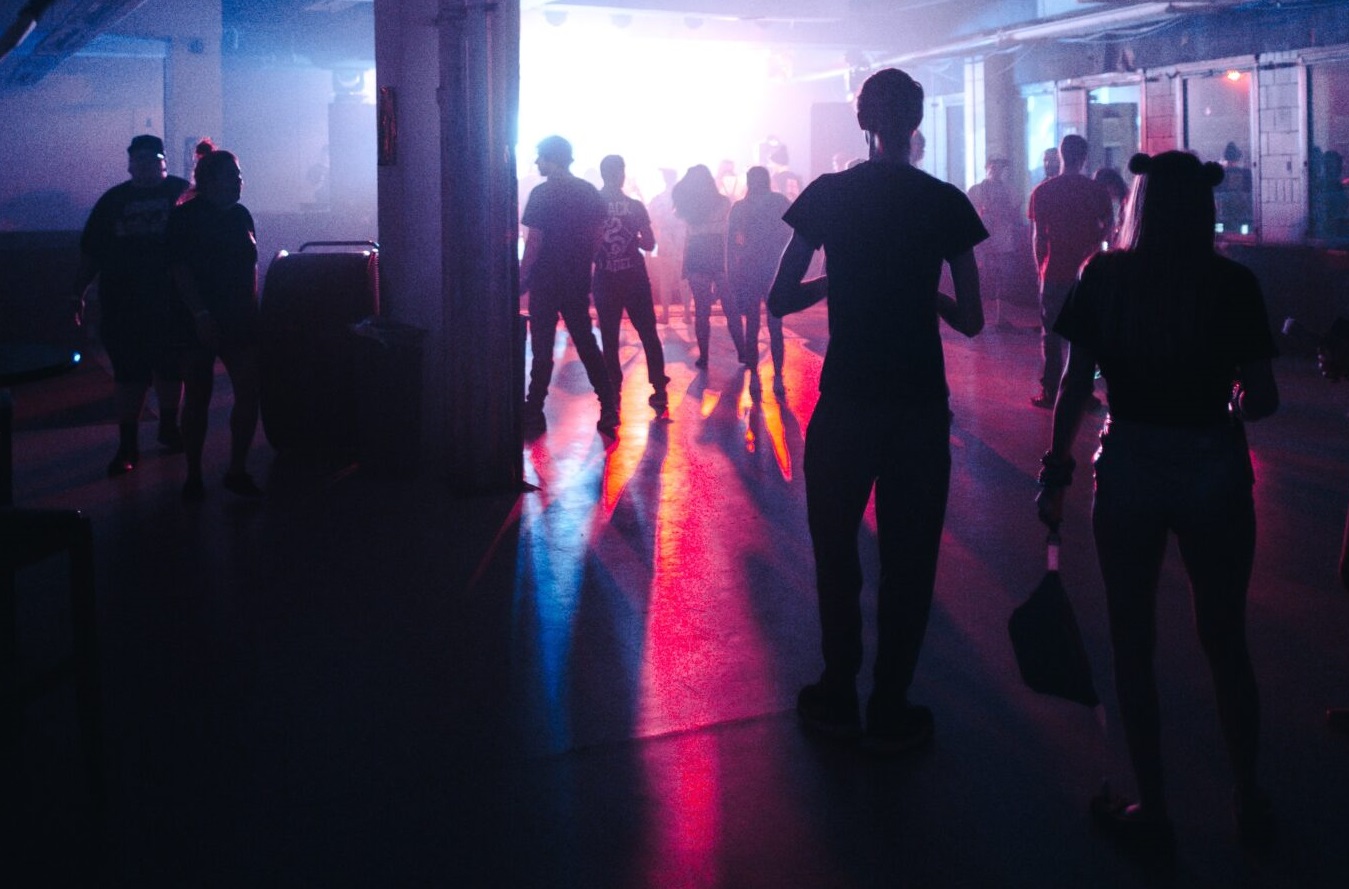From the article published by the Forum Droghe
The first three measures by the new Italian government, the right-centre coalition which won the 25 September elections, have been a) to block the reform promoted by the Parliament to mitigate the harsher norms which regulate life prison sentences and other juridical innovations b) to block NGOs ships which save migrants in the Mediterranean sea, preventing disembarkation in a safe Italian harbour and c) to introduce a new norm in the penal code which make raves and free parties a crime.
The d.l. (decree law) n. 162/22 of 31.10.22 introduces a new article (art. 434-bis Penal Code), which sanctions the crime of “invasion of lands or buildings to hold events dangerous for public order, or public safety or public health”. This shifts the supposed offences related to raves from the Penal Code section dealing with private property to the one dealing with major crimes such as slaughter, fire, flood, train wreck, explosive manufacture. The sanctions provided to organizers are prison sanctions from 3 to 6 years and fines from 1,000 to 10,000, and the seizure of all stuff and equipment. Also, participants can be sanctioned with reduced penalties, and, furthermore, the proposal establishes a change in the Anti-Mafia law, in order to extend special personal prevention norms also to rave organizers.
The Decree law is in force since 1st November. It must be discussed, possibly emended and approved by the Parliament by the end of December. If it is not approved it will expire. The government itself is working on some changes, considering the numerous criticisms from a juridical perspective, which may lead to its rejection by the Parliament.
Many CSOs, professionals, PWUDs organizations, harm reduction teams, people from the world of culture and policy are taking a position against it and asking for the new law to be annulled. Many jurists support the hypothesis of the anti-constitutionalist basis of this proposed law and many others contest the violation of the fundamental principle of proportionality of penalties.
The civil society organisations and other opponents of this law have less than two months for mobilizing and organizing to fight against this new repressive law, working with jurists, policy makers, the media, people from the cultural environment, etc.
See all the details about the WitchTek 2022, the Halloween free party self-organized for the third year where more than 3.000 people met near Modena (northern Italy, Emilia Romagna region), coming from all over the country and also from other European countries which triggered this harsh move and all the details about the new law at the Forum Droghe’s article following this link>>>.







